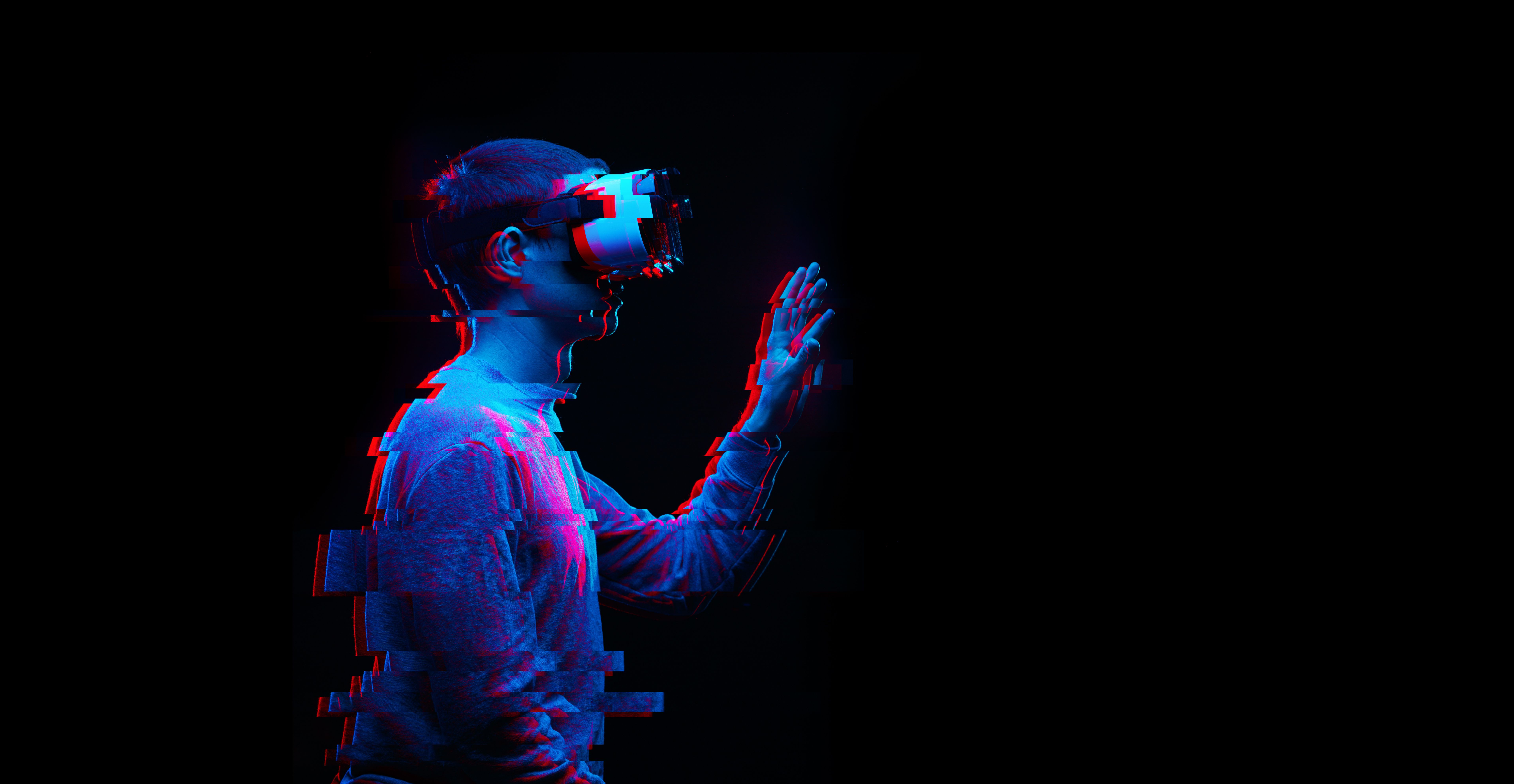Virtual Reality–Based Interventions Found to Lower Anxiety in Patients Prior to Undergoing Surgery
The continued development of more convenient VR technology has improved usability, accessibility, and affordability across healthcare settings.
The use of virtual reality (VR)–based interventions has been growing across the healthcare space, specifically for mental health issues. Studies have shown that VR offers a safer and more convenient treatment option to lower anxiety in patients undergoing surgery compared with conventional care. To explore this area further, the authors of a study published in JAMA Network Open investigated whether a VR–based intervention can improve preoperative anxiety in adults undergoing elective surgery compared with standard care.
Image credit: nuclear_lily | stock.adobe.com

“Preoperative anxiety is common among adult patients undergoing elective surgery and is associated with negative outcomes,” the study authors wrote. “(VR)–based interventions have been considered simpler, safer, and more effective for reducing anxiety in patients undergoing surgery than conventional care.”
The investigators noted that the lead up to surgical procedures frequently increases anxiety and stress. Incidence of preoperative anxiety ranges anywhere from 11% in adults receiving ear, nose, and throat surgery up to 80% in those undergoing neurosurgery.
Despite preoperative anxiety being a typical response to surgery, it can cause negative physiological, emotional, and cognitive outcomes for patients, according to the investigators.Among these comorbidities are hypertension, increased heart rate, and increased risk of bleeding, which can have an adverse effect on surgical outcomes and patient satisfaction. Further, preoperative anxiety can elevate the risk of postoperative complications, including nausea, vomiting, respiratory distress, and heart attack. Preoperative anxiety has also been linked to elevated postoperative anxiety, postoperative pain, and prolonged length of stay.
“Traditionally, pharmacological interventions have been used to manage preoperative anxiety, but they have drawbacks, such as transient irritation of mucosal membranes, postoperative nausea and vomiting, emergence of delirium, and prolonged length of stay,” the study authors wrote. “Nonpharmacological interventions, such as music therapy, distraction, and education, have also been incorporated into nursing care as preoperative interventions.”
Prior research indicates that musical interventions can significantly lower anxiety in patients compared with standard care; however, these may require adequate professional training to develop tailored personal experiences, which potentially limits its use in some health care settings, according to the study authors.
Whereas some distraction-based interventions—including videos, multifaceted programs, interactive games, VR, and low sensory stimulation—have been evaluated for anxiety management, evidence is lacking regarding their efficacy in adult patients.
The use of VR involves a head-mounted display (HMD) with a wide field of view that projects simulated images to the user’s eyes and a body-tracking motion sensor system. The virtual experience also involves visual imagery and sounds, which can fully immerse the user to interact with the virtual world.
With the continued development of more convenient VR technology with smaller and more powerful systems, lightweight VR systems have improved usability, accessibility, and affordability across healthcare settings, according to the study.
Investigators conducted the blinded, prospective, randomized clinical trial and recruited 74 individuals 18 years of age or older who were set to receive a first elective surgery procedure under general anesthesia within the next 2 to 4 weeks at a preanesthesia assessment clinic in Hong Kong from July to December 2022. Patients were randomly assigned to receive standard care or an 8-minute immersive 360° VR video tour in the operating theater with an HMD console or received standard care.
Investigators found that the VR-based intervention cohort experienced significantly lower preoperative anxiety at T1 and T2 compared with the standard care group, lower stress at T1 and T2, and higher preparedness at T1. Futher, satisfaction levels were significantly higher in the VR group compared with the control group and there were no significant differences observed in pain and postoperative length of stay.
“The findings of this study suggest that a VR-based intervention is a feasible and effective way to reduce preoperative anxiety in adult patients undergoing elective surgery,” the study authors wrote. “Given the promising results of this study, further study in the form of large-scale, multicenter, randomized clinical trials with broader implementation is warranted.”
Reference
Chiu PL, Li H, Yap KY, Lam KC, Yip PR, Wong CL. Virtual Reality–Based Intervention to Reduce Preoperative Anxiety in Adults Undergoing Elective Surgery: A Randomized Clinical Trial. JAMA Netw Open. 2023;6(10):e2340588. doi:10.1001/jamanetworkopen.2023.40588.